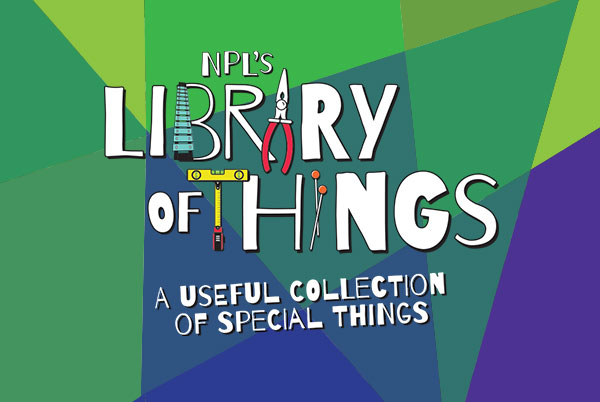
All library locations will be closed Thursday, April 24 for a staff training event.
Charlotte Perkins Gilman, also known by her first married name Charlotte Perkins Stetson, lived from July 3, 1860 to August 17, 1935 and witnessed everything from the American Civil War to the Roaring Twenties to the Great Depression.
She was an American humanist, novelist, writer, lecturer, and an advocate for social reform. She was a utopian feminist and served as a role model for future generations of feminists because of her unorthodox concepts and lifestyle, which included intimate relationships with both men and women. She has been inducted into the National Women's Hall of Fame.
"The Yellow Wallpaper," arguably Gilman's most famous story, asks difficult questions about the role of women, particularly regarding their mental health and their right to autonomy and self-identity.
In January 1932, Gilman was diagnosed with incurable breast cancer. An advocate of euthanasia for the terminally ill, Gilman died by suicide on August 17, 1935, by taking an overdose of chloroform. In both her autobiography and suicide note, she wrote that she "chose chloroform over cancer" and she died quickly and quietly.
And now, "The Yellow Wallpaper" by Charlotte Perkins Gilman…we begin….